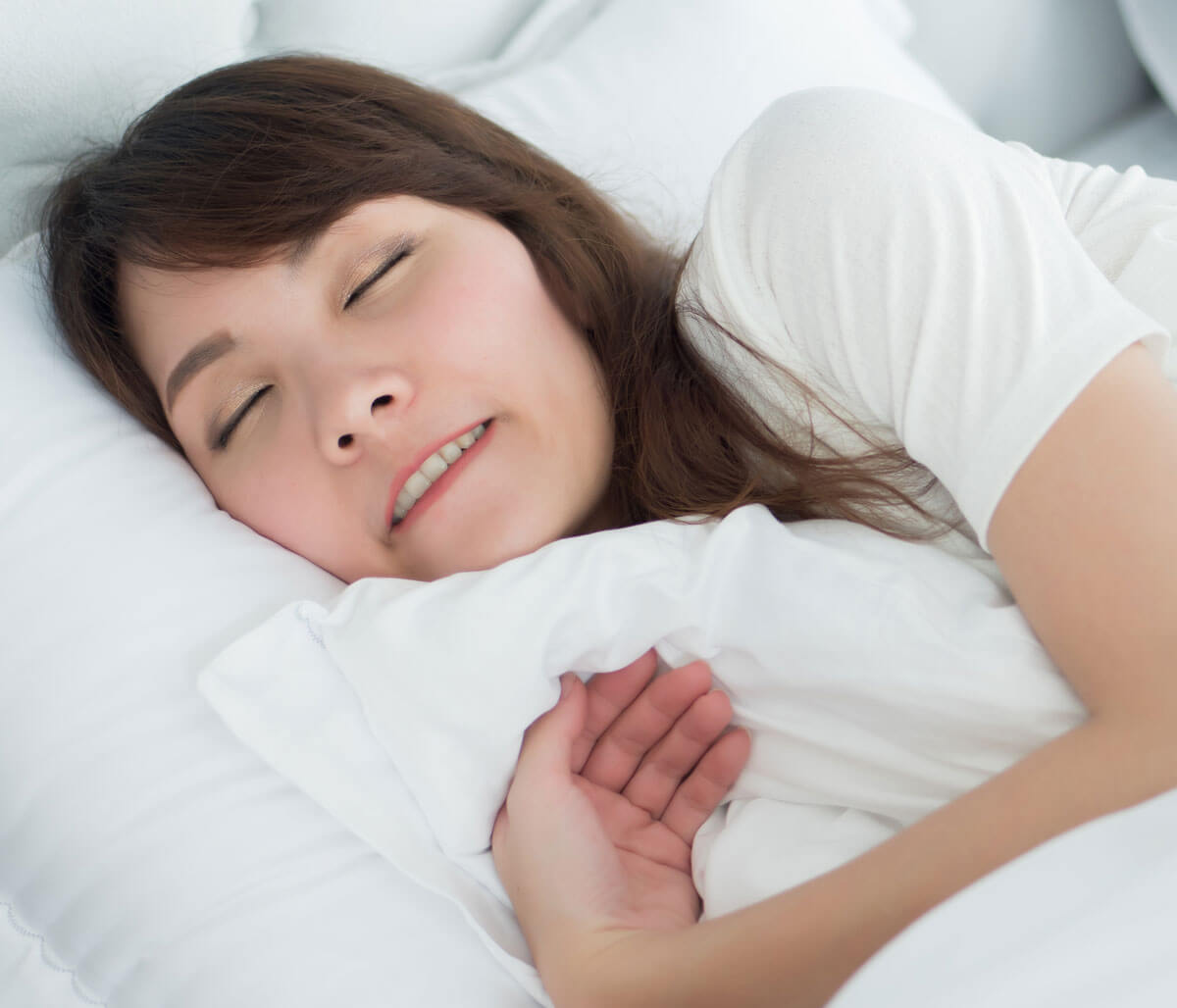
09
Aug
Handle sleep apnea to get back to a normal routine

Sleep apnea, although a sleep disorder that affects millions of people, is not something we tend to discuss with regularity. In fact, many people who suffer the immense sleep disruption of obstructive sleep apnea do not realize the significance of their lack of sleep. It is quite normal, for one to assume that he or she simply has a snoring problem. This problem, which affects upwards of twenty million people in our country, is far more than snoring.
A person with obstructive sleep apnea may experience chronic, noisy snoring for some time before an apnea episode. When snoring is occurring, airflow is partially blocked, and the person is working harder to breathe. Different from snoring, obstructive sleep apnea includes the full blocking of airflow. Breathing ceases for ten seconds or longer. Deprived of oxygen, the brain will rouse sleep to restore breathing. This may happen hundreds of times in a night.
These apnea episodes, although they may occur frequently throughout sleep, may never cause full alertness. Often, a person with obstructive sleep apnea only feels the after effects of disrupted sleep. Apnea may result in extreme lethargy, depression, moodiness, even hyperactivity. Deprived of sleep, a person with sleep apnea may experience weight gain due to the hormonal effects of sleep loss. Micro-sleeps may occur, in which one falls asleep at stoplights, or while sitting at his or her desk at work.
Dr. Milligan understands the challenges that come with recognizing sleep apnea. Once the condition is accurately identified, a suitable form of treatment can be found. Sleep apnea treatment has remained standard for many years, with doctors prescribing the use of a CPAP machine during sleep. This machine delivers forced air into the nasal passages and through the airway. The pressure from the forced air keeps the airway open. The side effects associated with the CPAP machine can make this form of treatment difficult; compliance with this treatment is low – about fifty percent.
One alternative to this standard medical treatment is to work with your dentist for a non-invasive approach that includes a customized oral appliance worn during sleep. This method of treating sleep apnea often produces excellent results and compliance can be much higher than with CPAP. An oral airway appliance is designed to hold the jaw in proper position, allowing airflow to remain constant. No forced air, cumbersome mask, or machine, just a return to normal sleeping patterns.
We can help you address sleep apnea appropriately. Contact our office for more information, or for a consultation to determine if an oral appliance may help you with this troublesome sleep disorder.
Eastland Dental Center
Eastland Dental Center is owned and operated by the father-daughter duo, Dr. Mike Milligan and Dr. Marisa Milligan.
Dr. Mike completed his doctor of dental medicine degree from Southern Illinois University in 1978. Dr. Marisa completed her doctor of dental medicine degree from Midwestern University in 2015. Both doctors have logged hundreds of hours of continuing education to stay on top of the latest technologies in dentistry as well as the most current research on the oral-systemic, mouth-body connection to benefit their patients. Dr. Mike and Dr. Marisa are active members and in excellent standing with the American Dental Association, Illinois State Dental Association, Chicago Dental Society, McLean County Dental Association, American Academy of Oral Systemic Health, and numerous other societies.
Both doctors are avid golfers and have won several national golf tournaments over the years. They are the only father-daughter team in the state to have won the Illinois State Amateur Golf Championship. Dr. Mike in 1974 and Dr. Marisa in 2005.

